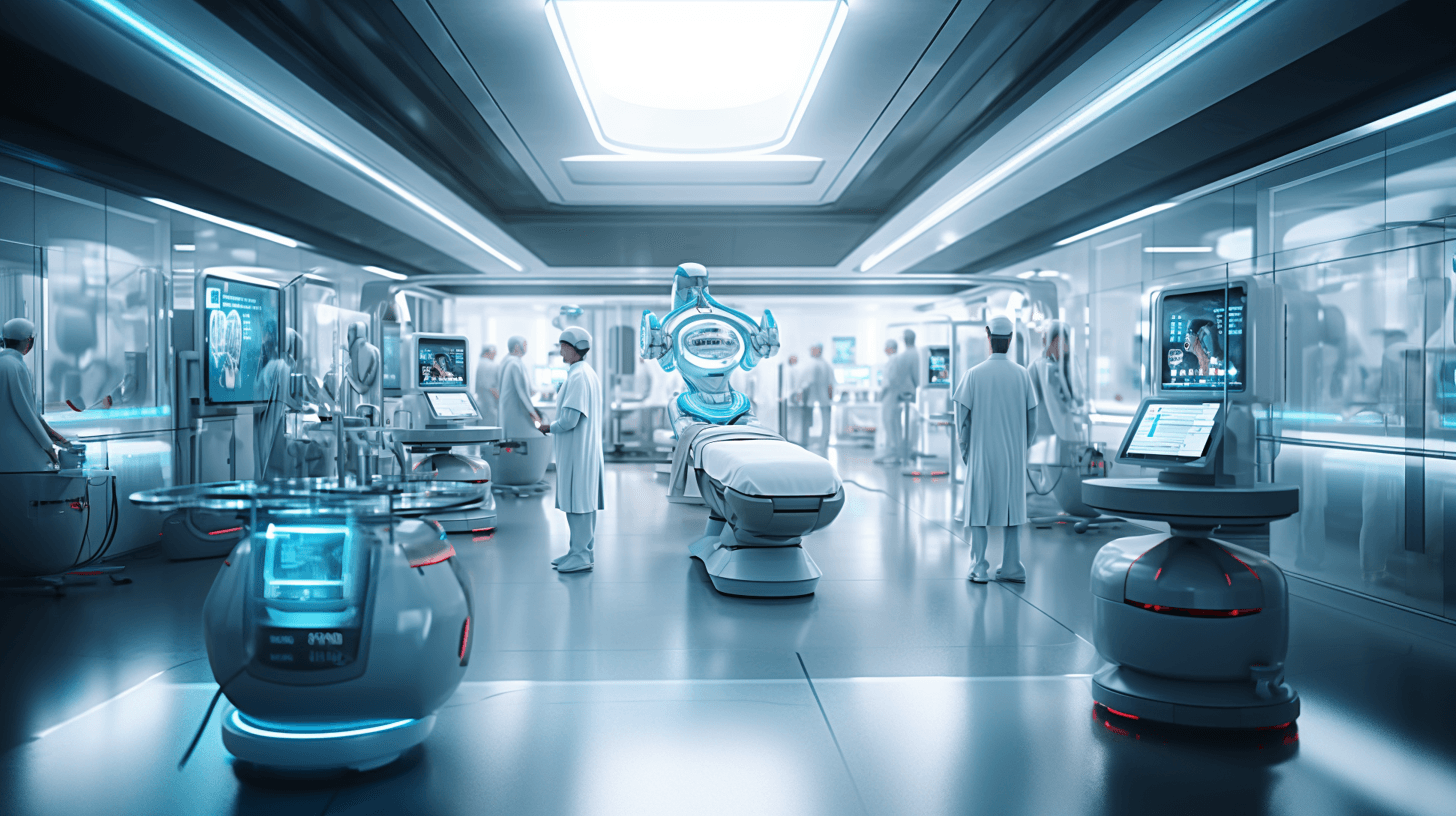
.- AI’s Role in the Next Healthcare Revolution.- AI’s Role in the Next Healthcare Revolution Artificial intelligence (AI) is poised to transform healthcare like never before. As AI-powered technologies continue to advance, they are enabling groundbreaking advancements in medical diagnostics, treatment planning, and patient care. Precision Medicine and Diagnostics: AI algorithms can analyze vast amounts of medical data, including patient records, imaging scans, and genetic information. This allows for more accurate and personalized diagnoses, enabling doctors to identify diseases earlier and target treatments more effectively. For example, AI-based cancer detection tools can sift through complex images to detect tumors with higher accuracy and speed than even experienced radiologists. Treatment Planning and Delivery: AI systems can optimize treatment plans by considering a patient’s unique biological and genetic profile. They can predict the effectiveness of different medications, reduce the risk of side effects, and guide surgery with greater precision. For instance, AI algorithms are used to plan radiotherapy for cancer patients, ensuring minimal damage to surrounding healthy tissue. Patient Monitoring and Care: AI-enabled devices and sensors can continuously monitor patients’ vital signs, activity levels, and other health indicators. This enables remote patient monitoring, proactive intervention in case of emergencies, and personalized care plans that adapt to changing conditions. Wearable health trackers, for example, can track sleep patterns, heart rate, and other metrics, providing insights that help doctors manage chronic diseases and improve overall well-being. Drug Discovery and Development: AI accelerates drug discovery and development by using predictive models to identify potential drug targets and optimize drug design. It can analyze large datasets from clinical trials, identify patterns, and speed up the process of bringing new treatments to market. AI-powered drug discovery platforms are also being used to develop personalized therapies tailored to specific patient populations. Challenges and Opportunities: While AI offers immense potential, it also presents challenges that need to be addressed. These include: * Data Privacy and Security: Ensuring the privacy and security of sensitive medical data is crucial. * Algorithm Bias: AI algorithms must be trained on unbiased data to avoid perpetuating biases in healthcare. * Ethical Considerations: The use of AI in healthcare raises ethical concerns around autonomous decision-making, patient consent, and equity of access. Overcoming these challenges is essential to harness the full potential of AI in healthcare. By responsibly developing and deploying AI-powered technologies, we can unlock unprecedented possibilities for improving patient outcomes, reducing healthcare costs, and revolutionizing the way we deliver care.
Posted inNews